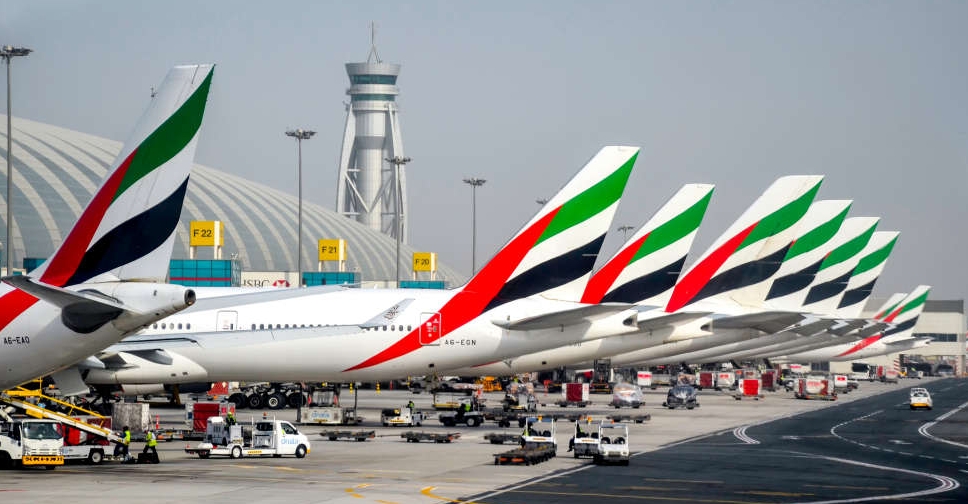
Dubai International Airport (DXB) has retained its title as the World’s Busiest International Airport with 60.2 million seats in 2024, an increase of 7 per cent capacity from 2023, according to global travel data company OAG.
The airport was ranked first in 2023, and also in 2019.
London Heathrow Airport (LHR) took second place with 48.4 million seats - an increase of 4 per cent compared to 2023.
Seoul Incheon International Airport (ICN) moved up four places to be the third busiest international airport with 41.6 million seats, a capacity increase of 24 per cent over 2023, but still 2 per cent behind 2019 figures.
Hong Kong International Airport (HKG) had the biggest increase in capacity among the Top 10 busiest international airports in 2024 compared to 2023, growing by 40 per cent, making it the ninth busiest airport. However, HKG is still 23 per cent behind 2019 levels.
In comparison to 2019, Istanbul Airport (IST) saw the largest growth in airline capacity, increasing by 20 per cent to 38.6 million seats and taking it to sixth place.
In terms of global airport figures, which included both international and domestic flights, Dubai International Airport ranked second behind Atlanta Hartsfield-Jackson, which posted a 2 per cent growth on 2023 figures to a capacity of 62.7 million seats, retaining the top spot.
Earlier this month, the UAE's General Civil Aviation Authority announced the UAE achieved over one million air traffic movements in 2024, a record for the country.
The milestone was reached on December 22 last year, with the arrival of Emirates Flight 305 from Shanghai, capping a busy twelve months, where 2024 saw an average growth rate of 10.3 per cent in air traffic compared to 2023.



 UK's Jaguar Land Rover to halt US shipments over tariffs
UK's Jaguar Land Rover to halt US shipments over tariffs
 US starts collecting Trump's new 10% tariff
US starts collecting Trump's new 10% tariff
 Nasdaq set to confirm bear market as Trump tariffs trigger recession fears
Nasdaq set to confirm bear market as Trump tariffs trigger recession fears
 Dana Gas and Crescent Petroleum exceed 500M boe in Khor Mor field
Dana Gas and Crescent Petroleum exceed 500M boe in Khor Mor field
 China to impose tariffs of 34% on all US goods
China to impose tariffs of 34% on all US goods



